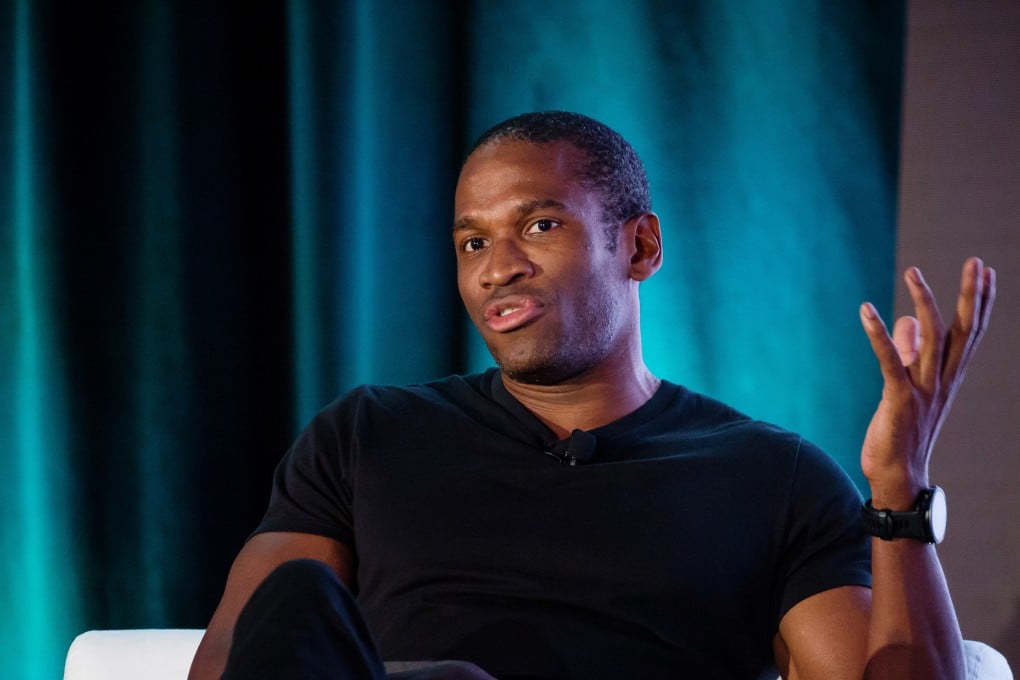Advertisement
BitMEX co-founder and ex-CEO Arthur Hayes sentenced to 6 months’ detention by US court after breaching Bank Secrecy Act
- Entrepreneur’s sentencing marks first time US government has invoked criminal provisions of the Bank Secrecy Act against a cryptocurrency derivative platform
- Hayes, 36, and co-founder Ben Delo, 38, pled guilty in February and had agreed to pay US$10 million each in criminal fines
Reading Time:3 minutes
Why you can trust SCMP

Arthur Hayes, the co-founder and former CEO of BitMEX, once the world’s largest cryptocurrency derivative exchange before his indictment by US authorities in 2020, was sentenced Friday by a New York court to six months of home detention after pleading guilty to a breach of the Bank Secrecy Act (BSA).
The sentence, imposed by a federal judge in the Southern District of New York, also included two years’ probation for the 36-year-old entrepreneur.
Hayes’ sentencing concludes a landmark case against the Seychelles-based exchange, which was founded in 2014 in Hong Kong and where it still leases one of the city’s priciest office buildings. It marks the first time the US government has invoked criminal provisions of the BSA against a cryptocurrency derivative platform.
Advertisement
Hayes and co-founder Ben Delo, 38, pled guilty in February and have each agreed to pay US$10 million in criminal fines. They were convicted of wilfully failing to establish, implement and maintain an anti-money-laundering programme at BitMEX, thus enabling users to trade trillions of dollars anonymously, according to a pre-sentencing letter submitted to the court by the federal prosecutor.
“While building a cryptocurrency platform that profited him millions of dollars, Arthur Hayes wilfully defied US law that requires businesses to do their part to help in preventing crime and corruption,” said Damian Williams, the US Attorney for the Southern District of New York.
Advertisement
Advertisement
Select Voice
Choose your listening speed
Get through articles 2x faster
1.25x
250 WPM
Slow
Average
Fast
1.25x